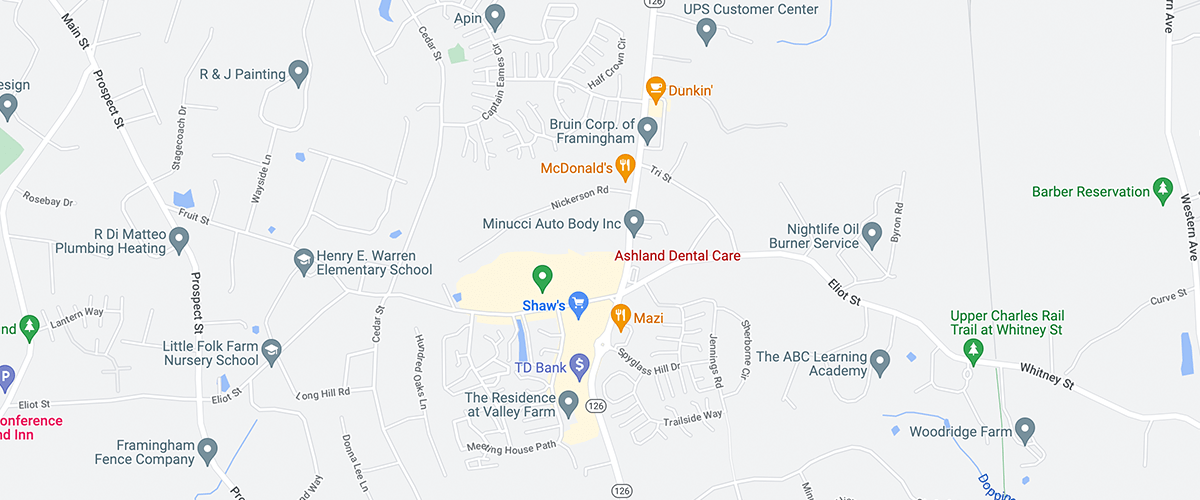Four Great Additions to Your Dental-Healthy Diet
October 26th, 2023

Calcium from dairy products for strong bones and teeth? Check. Vitamin C from fruits and vegetables for gum health? Check. Protein from lean meats, eggs, and fish to create, maintain, and repair tooth and gum tissue? Check, check, and check.
These nutrients are probably the most well-known players in the production of a dental healthy diet, but there are several other important minerals and vitamins we need to balance the cast. our doctor and our team take a look at some of these lesser-known but equally vital actors.
- Phosphorus
Calcium is the mineral we hear about most often for maintaining strong teeth and bones, but it doesn’t act alone. Phosphorus is necessary for our bodies to make full use of calcium. Phosphorus is absorbed best from animal foods like meat, fish, and poultry, but it can also be found in beans, nuts, whole grains, and dairy products.
- Magnesium
Magnesium also works with calcium, and promotes bone density and the strength of our hard enamel. If you are looking to add magnesium to your diet, you have a spectacular variety of options, including salmon, tuna, chickpeas, green leafy vegetables, nuts, avocados, seeds, brown rice—even dark chocolate!
- Vitamin A
This vitamin is essential for the health and healing of our mucous membranes, which include our gums and the soft membranes in our mouths. Vitamin A is found in animal products such as dairy foods, meat, and liver, or formed from beta-carotenes, found in plant foods such as carrots, peppers, pumpkin, squash, and sweet potatoes.
- Vitamin D
Even though we might make sure to get plenty of calcium to keep our teeth and bones healthy, we will never get the most out of a calcium-rich diet without vitamin D. Vitamin D not only helps with bone density, it actually helps our bodies absorb calcium so we can put it to work for us. It has also been shown to promote gum health by reducing the inflammation that can lead to gum disease. Sunlight exposure leads our bodies to produce vitamin D naturally, but it is available in foods as well. Fatty fish, such as salmon, tuna, and herring, are a rich source of the vitamin, as are cod liver oil and egg yolks. The only plant that produces vitamin D is the mushroom, but it is also available in foods fortified with vitamin D, such as cow’s milk, soy milk, orange juice, and even many cereals.
You want your diet to be part of your healthy lifestyle, and more and more we are coming to discover just how important a balanced diet is to our dental health as well. The fascinating fact is that all of the nutrients which support our dental health work together and depend on each other to play their roles effectively. Talk to our doctor at your next checkup at our Ashland office for some suggestions on finding the dietary balance that works best for you.



